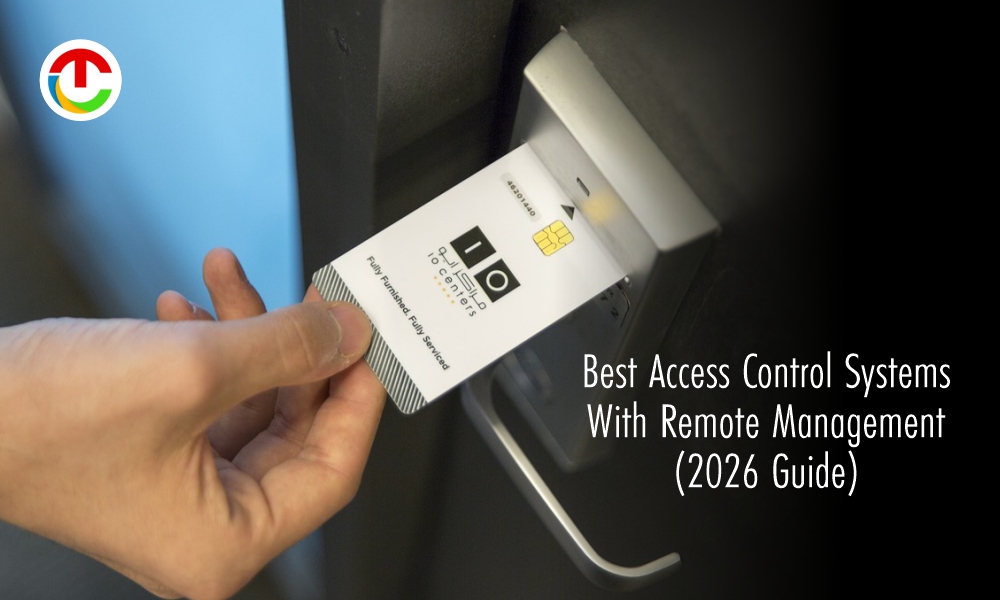Health informatics is the study of how information technology is used in healthcare. It involves the management, storage, retrieval, and use of electronic health information to improve healthcare delivery and patient outcomes.
Health informatics combines knowledge of medicine, computer science, information science and cognitive science to improve the quality, efficiency, and safety of healthcare. It encompasses a wide range of topics such as electronic health records, telemedicine, medical imaging, and data analytics. The goal of health informatics is to transform healthcare using technology and data.
Health informatics plays a critical role in the healthcare industry as it helps to improve the quality, safety, and efficiency of healthcare delivery.
Some of the key benefits of health informatics include:
- Electronic Health Records (EHRs): EHRs provide a comprehensive and accurate view of a patient’s health history, enabling healthcare providers to make informed decisions and deliver better care.
- Improved patient safety: Health informatics helps to reduce medical errors and adverse events by providing accurate and up-to-date information to healthcare providers.
- Improved clinical decision making: Health informatics provides healthcare providers with access to evidence-based clinical decision support tools and real-time patient data, enabling them to make informed decisions about patient care.
- Better population health management: Health informatics helps to identify and track public health trends, enabling healthcare providers to take proactive measures to improve population health.
- Increased efficiency: Health informatics helps to streamline processes and eliminate manual tasks, freeing up healthcare providers to spend more time with patients and improving overall efficiency.
Overall, health informatics has the potential to greatly improve the quality, safety, and efficiency of healthcare delivery, making it a critical component of the modern healthcare industry.
Data, the fuel that Web 3.0 runs on, is essentially a critical link in the foundations of health informatics. Obtaining, utilizing, and protecting healthcare data in the most ethical way has become the need of the hour.
Cyberattacks have become a growing concern in the healthcare industry, as these attacks can result in sensitive patient information being stolen or compromised. To protect against these types of attacks, it is important for healthcare organizations to implement strong preventive measures.
Here are 5 measures that can help prevent cyberattacks in the healthcare industry:
- Encryption: Encryption is the process of converting sensitive data into a code to protect it from unauthorized access. By encrypting sensitive patient information, healthcare organizations can ensure that this information remains secure even if it falls into the wrong hands.
- Two-Factor Authentication: Before gaining access to confidential information, users of a system with two-factor authentication are expected to present two different forms of identification. This can include a password and a fingerprint or a password and a security token. By requiring two forms of identification, healthcare organizations can significantly reduce the risk of unauthorized access to sensitive patient information.
- Regular Software Updates: Regular software updates help to patch vulnerabilities in software and keep it secure. By keeping software updated, healthcare organizations can reduce the risk of cyberattacks and ensure that their systems are as secure as possible.
- Employee Training: Employee training is a critical component of preventing cyberattacks in the healthcare industry. By educating employees on the dangers of phishing scams, password protection, and other cyber threats, healthcare organizations can reduce the risk of cyberattacks and ensure that their employees are aware of how to protect sensitive patient information.
- Regular Backups: Regular backups ensure that sensitive patient information can be recovered in the event of a cyberattack. By backing up data regularly, healthcare organizations can reduce the risk of data loss and ensure that sensitive patient information is protected.
In conclusion, cyberattacks can be a major threat to the healthcare industry, but by implementing strong preventive measures, healthcare organizations can reduce the risk of these attacks and protect sensitive patient information.
By encrypting data, implementing two-factor authentication, regularly updating software, providing employee training, and regularly backing up data, healthcare organizations can ensure that their systems are secure and patient information is protected.




